Neurodiversity
Learn about neurodiversity, and how to support neurodivergent pupils at school or college.
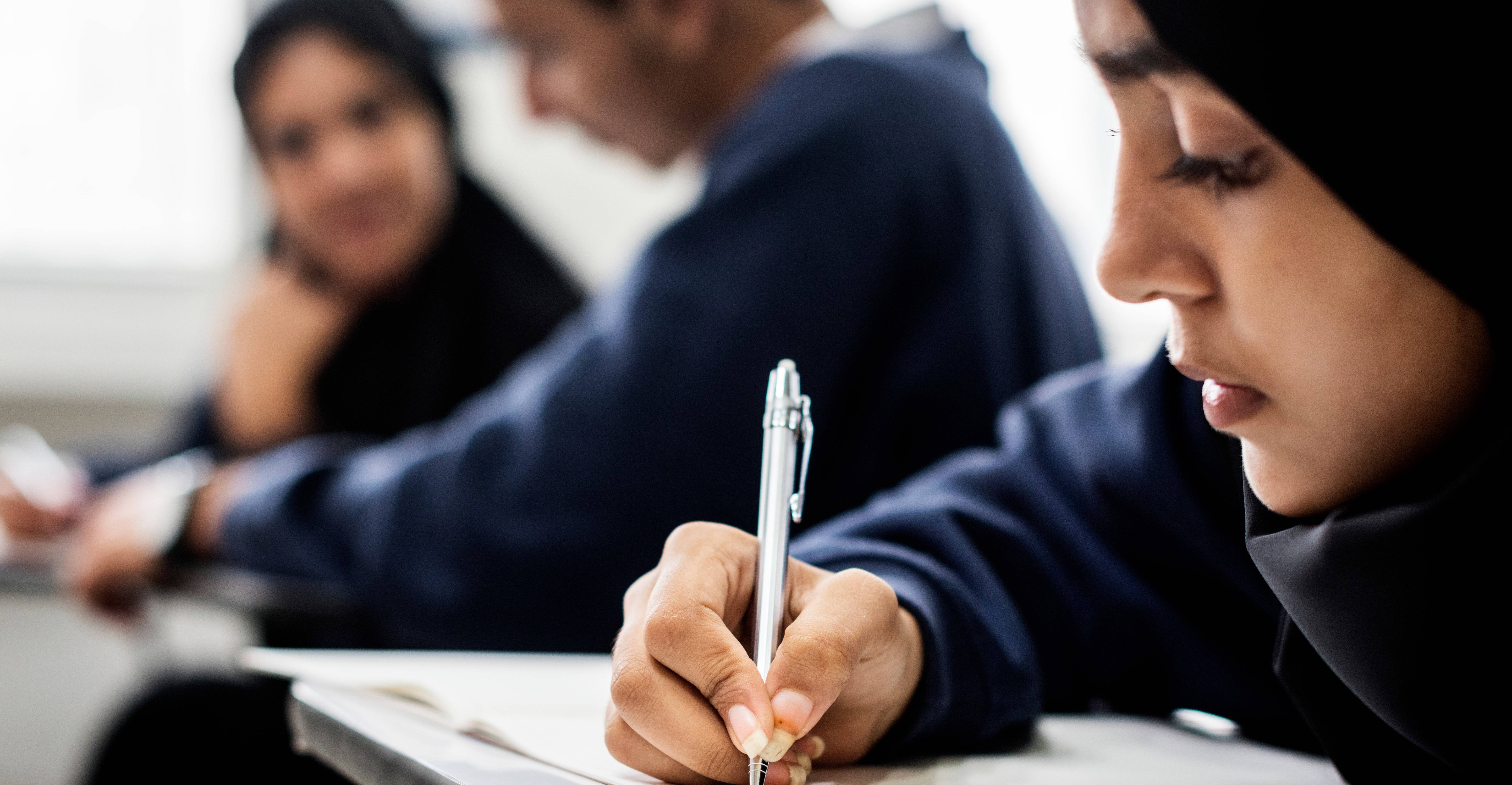
Learn about neurodiversity, and how to support neurodivergent pupils at school or college.

Neurodiversity refers to the differences between how people think, process information, behave and communicate.
It emphasises that everyone’s mind works differently. People have different interests, motivations, skills, and strengths. These differences should be recognised, understood, respected, and celebrated.
While everyone is unique, most people are neurotypical - their brains process information in a relatively similar way. People who process information differently may be neurodivergent.
Neurodivergence refers to differences in mental or neurological function from what is considered ‘typical’. This results from a difference in the way the brain develops before birth and during childhood, and affects how someone communicates, behaves and responds to the world around them.
It’s estimated that 15-20% of children and young people in the UK are neurodivergent.
Some forms of neurodivergence are:
This list isn’t exhaustive. Some neurodivergent people may have more than one diagnosis, while others may not have a diagnosis at all.
When considered in the context of neurodiversity, neurodivergence does not necessarily describe a disorder, deficit or a disability - but simply a different way of thinking and learning.
Like anyone else, neurodivergent individuals will have their own individual skills and strengths, which should be encouraged and developed.
While some neurodivergent pupils may need extra support, all pupils can benefit from a greater awareness of neurodiversity, and more inclusive environments and attitudes.
It’s important to note that neurodiversity does not refer to a mental health condition.
Likewise, neurodivergent individuals do not necessarily have poor mental health.
However, due to social expectations and a lack of support and understanding, neurodivergent pupils may be particularly susceptible to mental health problems - especially in environments where differences are not understood and respected.
School can be an anxiety-provoking environment for neurodivergent children and young people.
Many pupils can face cognitive, sensory, and social challenges in the school environment, which is usually designed primarily with neurotypical pupils and staff members in mind.
Neurodivergent people can often feel as though they need to supress natural behaviours, conform to social norms and force themselves to behave ‘typically’. This is known as masking.
This can be exhausting and cause increased anxiety and burnout.
If not noticed and addressed, periods of burnout can become cyclic, and lead to further problems.
Neurodivergent staff might need specific support. Speak to individuals and work together to establish the best way of supporting them.
Staff can also contact the Education Support Partnership for advice and support.
Adopting a whole-school approach can also help you to consider how you might support neurodivergent staff.
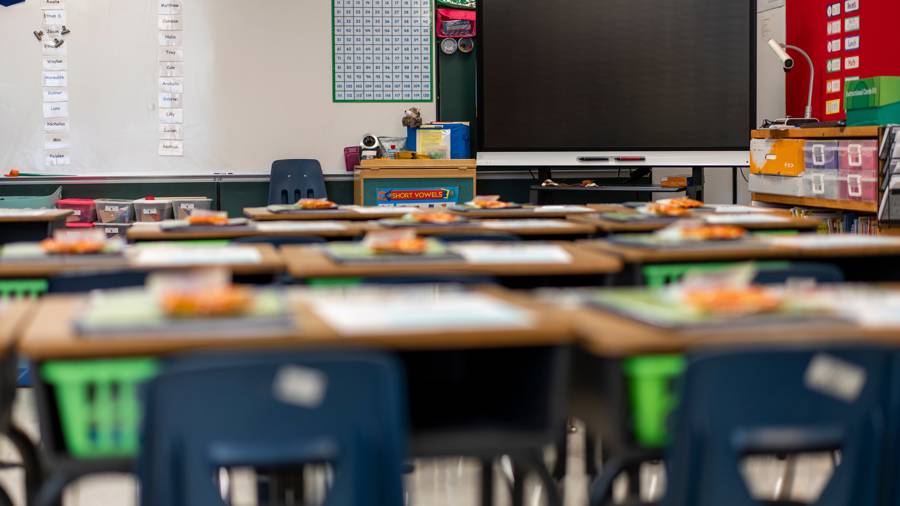
Every classroom is neurodiverse. Each pupil will have a different way of thinking, feeling, and learning. This should be encouraged and supported.
While some neurodivergent pupils might need specialist support, many will benefit from changes to the environment, and better understanding and support from their peers and school staff.
Follow neurodivergent pupils’ lead to help them to feel safe and able to act authentically. Work with individuals to meet their specific needs and build on their strengths. This might include creating an individual learning plan.
Carry out a sensory audit and consider adapting your classroom. Try to give all pupils the option to work in a quiet area if they prefer. Use visual aids and other communication devices to support learning and communication differences.
Create opportunities to listen to neurodivergent pupils and staff. Use this feedback to reflect on your school’s culture, environment, and policies to ensure that they are inclusive.
Use assemblies, tutor time and RSHE as opportunities to teach pupils about neurodiversity and different kinds of neurodivergence, such as autism.
Promote understanding of neurodiversity and neurodivergence by marking events such as Neurodiversity Celebration Week.
Advocate for increased awareness of neurodiversity throughout your school or college by adopting a whole-school approach to neurodiversity and mental health.
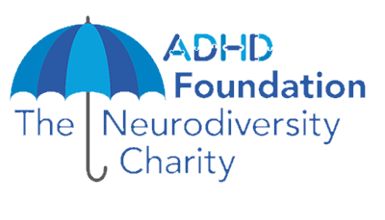
Information, training, and resources on neurodiversity and neurodivergence.
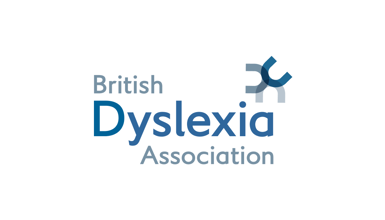
A series of training webinars and a PDF guide to support teachers working with neurodivergent pupils.
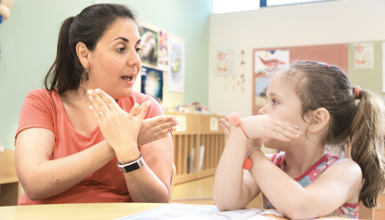
Learn about autism, how it presents in children and young people, and how to support your pupils in the classroom.

A detailed lesson plan designed to raise awareness of learning disabilities and autism amongst young...
View resource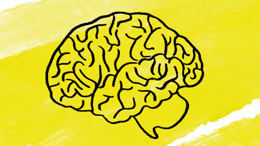
A free curriculum introducing pupils aged 8-11 years to the concept of neurodiversity, and help them...
View resource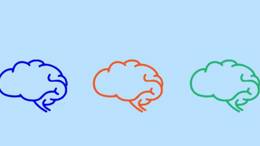
Two illustrated videos which introduce neurodiversity to primary-aged children, using simple imagery...
View resource
Guidance for educators on different forms of neurodiversity and how they may present in the...
View resourceNo search results found